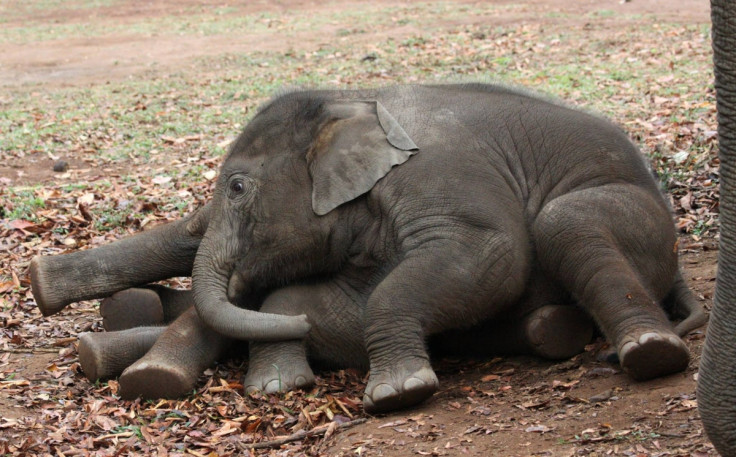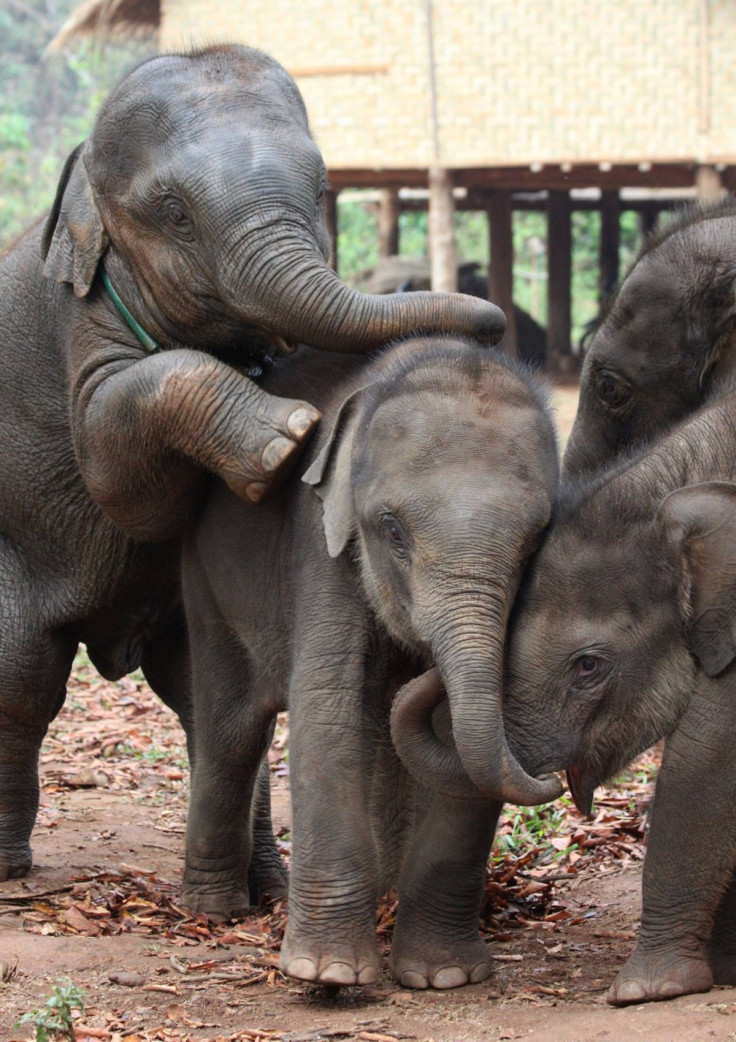Myanmar: Asian elephants born to stressed-out mothers age faster and have fewer calves

Asian elephants born into stressful situations age faster and have fewer offspring than those born during non-stressful periods, scientists have found. A team of researchers looked at the lives and deaths of more than 10,000 elephants from Myanmar, covering three generations and almost 100 years.
They found the elephants born when mothers experience the highest stress levels have far fewer calves and decline faster in older age than those born during non-stressful periods. Their findings were published in the journal Scientific Reports.
The team, from the University of Sheffield, looked at semi-captive elephants working in the timber industry where they are used to push and drag logs. They used measurements of glucocorticoid metabolites – a hormone related with stress – to work out which months of the year are most stressful for reproductive aged females.
They found the most stressful months were between June and August, when it is the start of the monsoon season and the heavy workload peaks. During this time fewer calves are born and their survival prospects are poor. The female elephants born in this time were found to have higher rates of reproduction at an early age, this fell quickly and the rate of overall fertility decline was far lower than those born during non-stressful times.

"Females born in these months exhibit faster reproductive senescence in adulthood and have significantly reduced lifetime reproductive success than their counterparts born at other times of the year," the researchers wrote.
Lead author Hannah Mumby said: "Poor early life conditions have been linked to many disease outcomes in humans, but is unknown whether stress in early life also speeds up ageing rates in long-lived species. We found that the decline in reproduction with age is much steeper in the elephants born at the poorer time of year. Even though they reproduce slightly more when they're young, this still doesn't compensate for the steep decline and they end up with fewer offspring."
Scientists say their research could have important implications for Asian elephant populations in zoos, where they experience stress as a result of captivity, and those living in countries where seasonal changes may result in stress.
They also said the research could have implications for maternal stress in humans: "Our finding that birth during periods when females have highest stress levels in long-lived Asian elephants may be linked to reproductive ageing of their daughters offers interesting insights into examining such variation and its causes also in humans," they wrote.
© Copyright IBTimes 2025. All rights reserved.






















